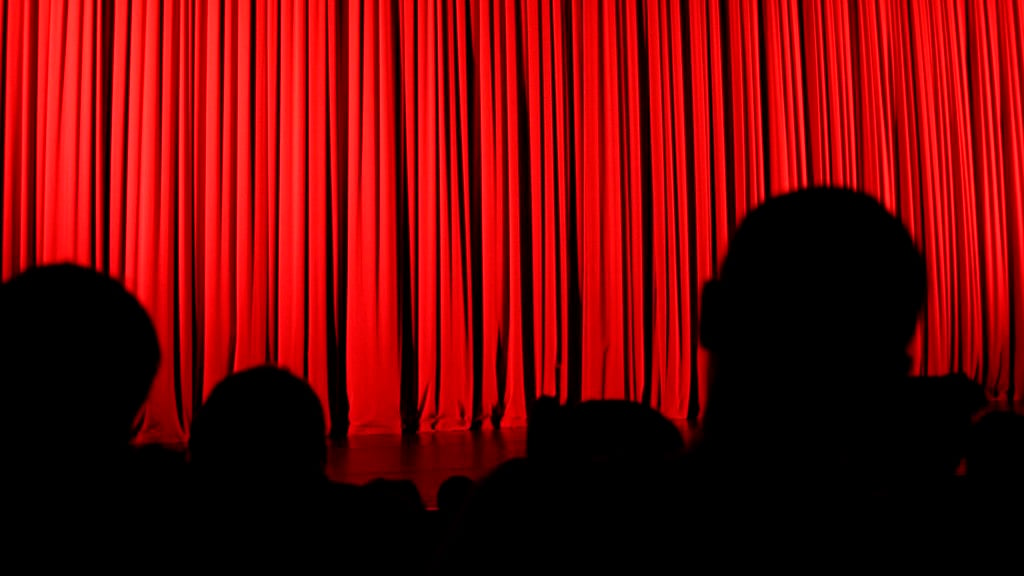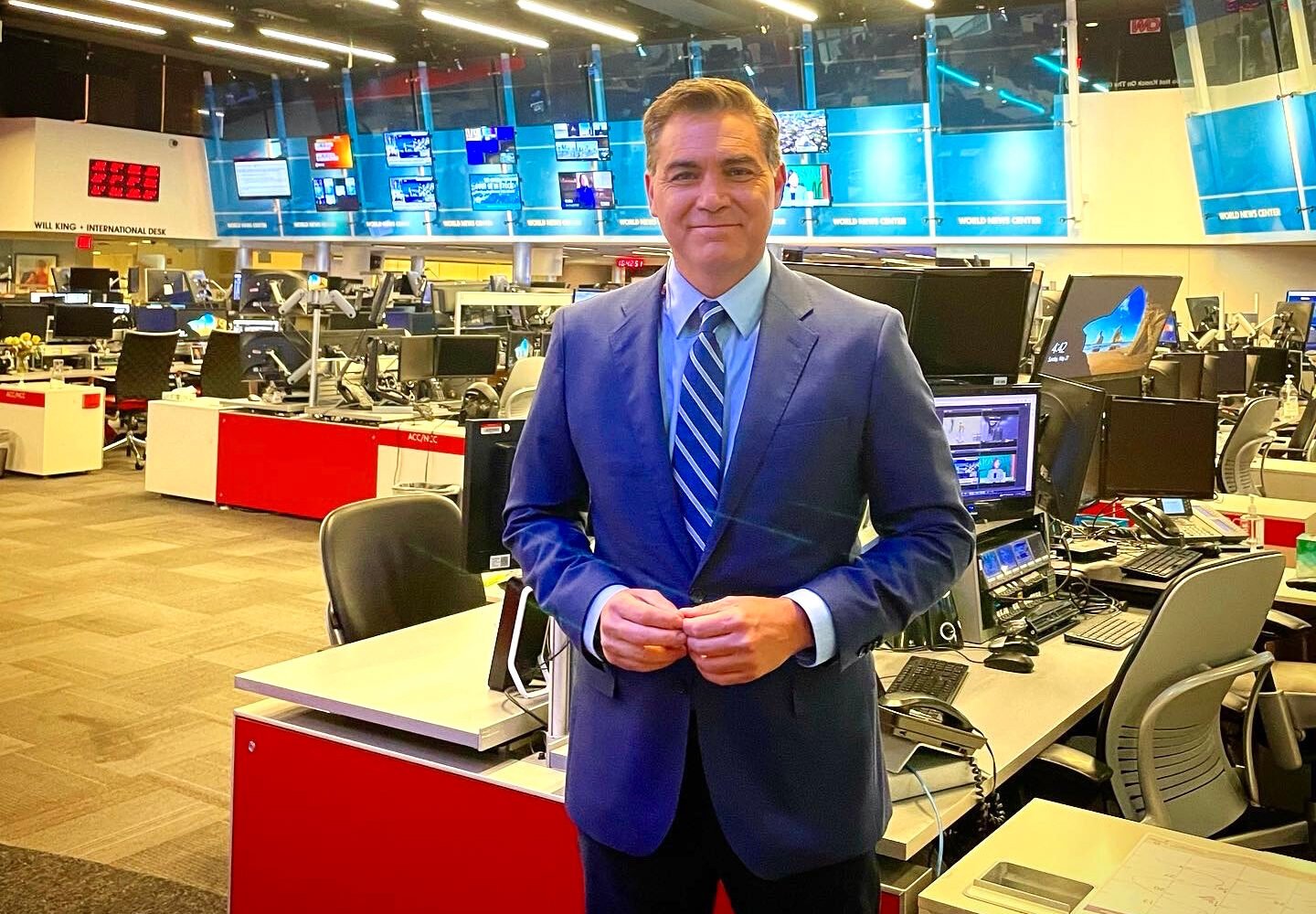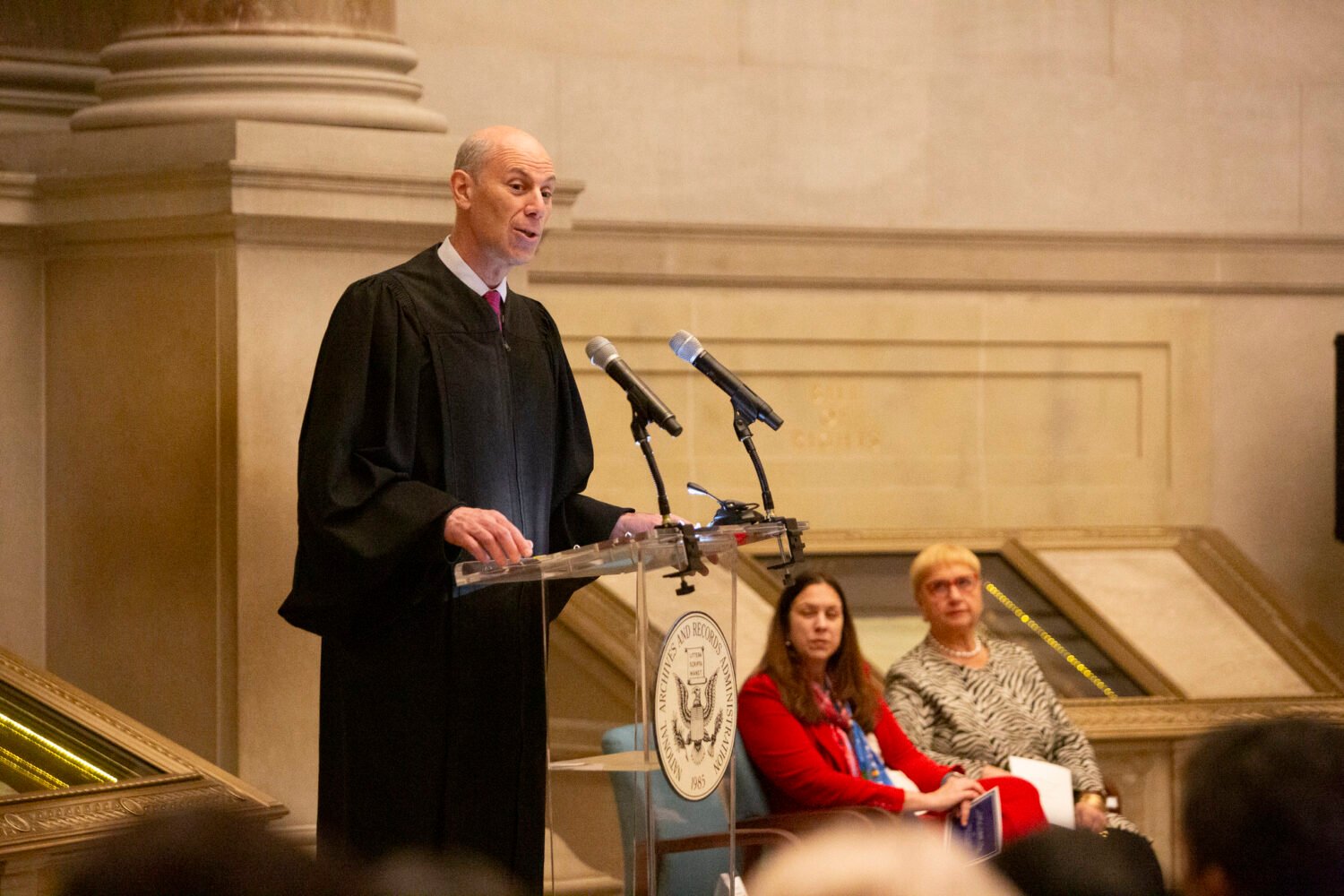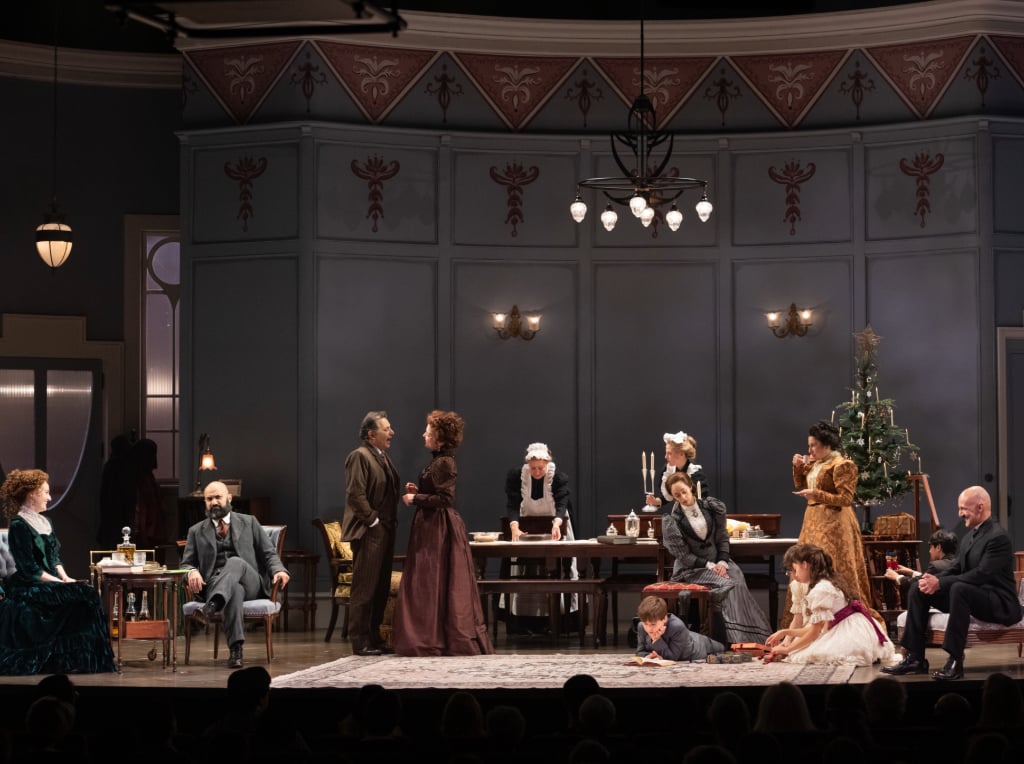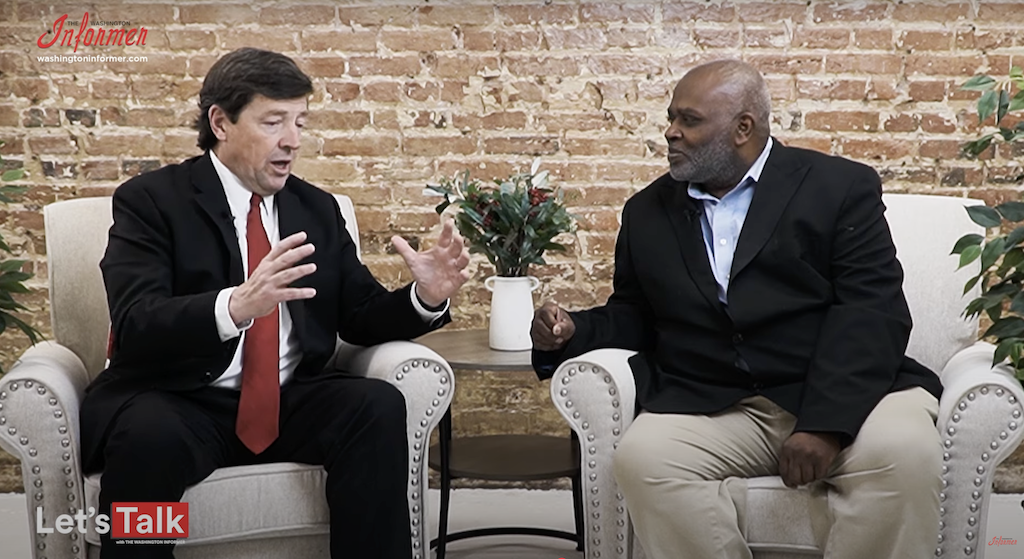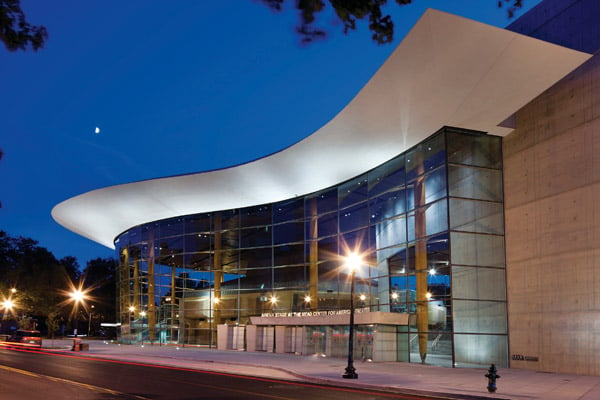Political journalists have a special term for political analysis they consider superficial: “theater criticism.” You heard it before Hillary Clinton and Donald Trump met in their first debate: “One all-too-common response to such attacks involves abdicating responsibility for fact-checking entirely, and replacing it with theater criticism,” Paul Krugman wrote in the New York Times. “Never mind whether what the candidate said is true or false, how did it play? How did he or she ‘come across’? What were the ‘optics’?”
Plenty of people used the same diss after last week’s Tim Kaine–Mike Pence throwdown. You’ll probably hear it Monday.
The idea that theater criticism is a less serious form of journalism infects many people who type about politics for a living. And it drives actual critics absolutely bonkers. “It’s become this kind of shorthand for shallow coverage,” says Jason Zinoman, a comedy critic for the New York Times whose mother, Joy Zinoman, founded Studio Theatre in DC. “It’s particularly annoying because it’s happening at a time when political journalism is as shallow as it’s ever been.”
You don’t have to spend much time on Memeorandum to agree with Zinoman. Look at the number of articles America’s political journals churned out about Kaine’s lapel pin alone last week. Donald Trump’s Twitter account keeps a mid-city daily’s worth of journalists filing night and day. Have we discussed how Clinton holds her hand over her heart?
Bob Mondello, a critic for NPR (I edited his theater reviews when I worked at Washington City Paper), says he gets what political journalists are trying to say with this put-down: “It strikes me that this isn’t so much a diss on criticism as a comment on what’s being evaluated,” he says. “In most cases they’re complaining that the political press is dealing less with content, than with how that content is presented. That’s not untrue.”
Sure. They don’t probably don’t mean it that way. But the term is inaccurate, no matter what the intention: Theater critics deal with far more than simply the presentation of dramatic works. They have to scan a wide expanse full of scenery and people moving around and talking, and limn not only what’s spoken and what’s left unspoken but also the context and subtext of what’s presented. That’s the low bar. Good critics are also artists themselves, H.L. Mencken wrote, people able to discern truths that outlast conventional wisdom in what they’re observing. In fact, his description of bad critics–anyone “who believes in anything absolutely”–is more characteristic of the cable-news air-filler that we usually call political analysis (e.g., Trump needs to show he prepared for tonight’s matchup, yadda, yadda, yaddda) than it is characteristic of theater criticism.
This is not to say that the stagecraft of politics is unimportant. “Anyone who suggests there’s not an aspect of performance to politics in particular or public speaking in general is being willfully obtuse,” says the theater critic Trey Graham (yup, I edited him, too). “Rhetoric and oratory are performative arts. If you want a lesson in how to move a body politic, look no further than Marc Antony’s ‘Friends, Romans, countrymen’ speech.”
In fact, what moves a lot of consumers of political reporting lately isn’t their deep thoughts on how Trump might handle the town-hall format. It’s comedians making fun of political reporters. “If we had a political press that was less superficial, people like Jon Stewart and other comedians wouldn’t have had as much success,” Zinoman says.
What’s especially rich is that in calling out their colleagues for the same superficiality, political reporters show how little they know about one of the most difficult forms of journalism. And that’s a bit of a dick move, too, considering how many publications have shifted their resources from arts criticism and reporting to clickier stuff like sports–surely it’s not a coincidence that another term we use to disparage political coverage is “horse race”–and…politics.
“The New York Post has no full-time theater critic,” Zinoman says. “Variety has no full-time theater critic. The entire city of Atlanta doesn’t have a full-time theater critic. The number of theater critics who have health care, you could probably count on two hands.” (Full disclosure: Washingtonian no longer has an arts editor, either.) It’s easy to explain why: Digital advertising is a volume business. As readers flee print, publishers need a lot of people clicking on their stuff to wring even crappy money from advertisers. Theater criticism, even at a time when Hamilton has electrified Broadway with a new relevance, is a primarily analog medium, an immersive read about an expensive experience. Few publishers feel they can divert financial resources to it.
But maybe, in their own hapless way, political reporters who spit out the term “theater criticism” like spoiled soup are on to something. I mean, who better to evaluate the aspects of politics that defy easy chatter? Instead of swinging a meat ax over the arts desk, maybe publications should can their political analysts and conscript their critics into the pageview army. “Call me arrogant if you want, but I’m a theater critic and a Washingtonian, and I’ll wager that after 25 years of watching both politics (as a serious hobby) and theater (as a professional), I’m better equipped to judge the effectiveness of a debate performance than most TV talking heads,” Graham says.
Good idea, Trey, but if we make use of actual theater critics, we’ll still need a word for shallow commentary. Where would we ever find enough examples of that to help us choose one?

